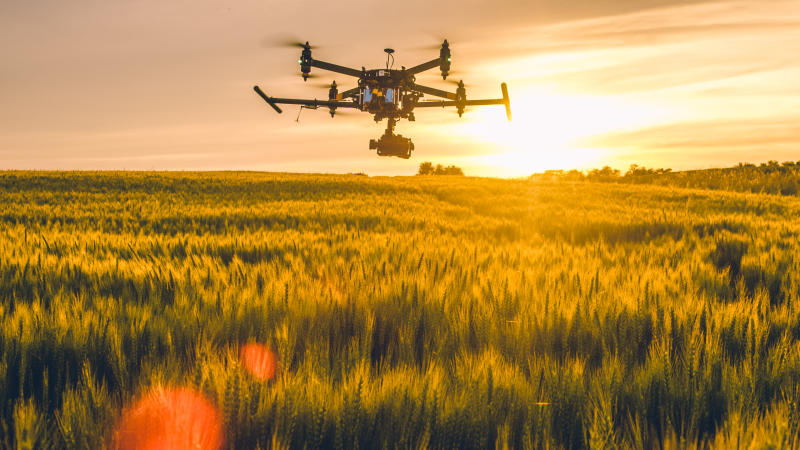×
The Standard e-Paper
Smart Minds Choose Us

When we review innovations like Uber, Airbnb and Amazon (e-commerce), there is always the temptation to think that such enterprises represent completely new ways of doing business that was not possible in the pre-internet world.
The reality, though, is they ride on simple, non-technological concepts from an earlier era whose understanding may help unlock yet more innovation opportunities in today’s super-connected global economy.